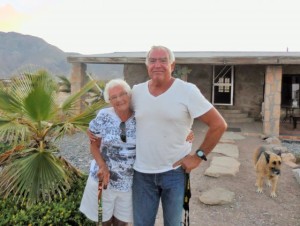
April 9, 2015 – We returned to the US yesterday crossing at Tecate Baja California our usual location. We arrived at the border at 9:16 am and entered the US in approximately 45 minutes, not bad at all. On the American side we all met at the pulloff stop, gathered the radios, evaluations, returned information to the gang and said our goodbyes. What a great time we had on Baja for our 24th tour (29th for Baja Amigos).
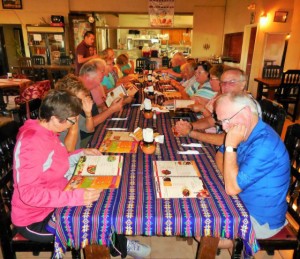
Only a few days before we had left Mulege for Guerrero Negro where it finally cooled down and many of the group did collect shells at Mario’s RV Park. The next day we were off to Bahia de Los Angeles (LA Bay) and we were reaquainted with the heat once more. Our couple of days there were busy that included a fishing trip that caught fish, unfortunately the Yellotail were not running, however Marcos deleivered as always. The gang hosted a Happy Hour for Lisa & I, very thoughtful of them for sure. We also had a chance to drop into our friends, Antono & Bety Resendiz and share a couple of bottles of wine.
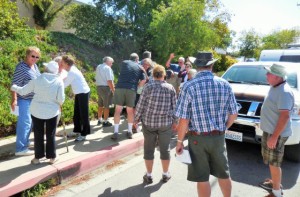
Day 27 was a long drive the next day to Vicente Guerrero, it always is, but we all managed. Cecilia and her sons Abby & Ivan opened up Baja Fiesta for us and put on a great spread, they also opened for breakfast the next day, they are so accomodating. Day 28 and we had a much shorter drive to Sordo Mudo at KM 75 on Hwy 3. They turned on the water for the first time for our group and informed us the summer project is to get the washrooms and showers back into full opertaion again, we look forward to our return next season. The final excursion was the wine tour and tasting at LA Cetto. “Alex” was our guide and server again, great young gal who does a great job. Luke and his son came over from the deaf School at Sordo Mudo to talk about the work they do, the gang were very interested and made lots of donations.
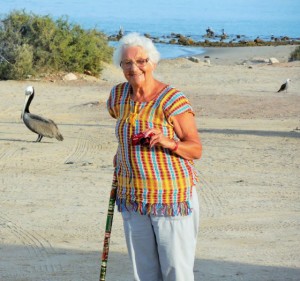
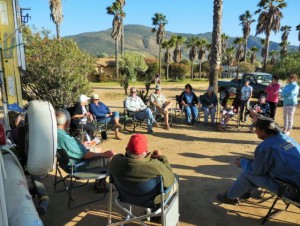
I just want to thank all our Baja Amigos this past season for being part of a very succesful year and enjoying what Baja has to offer.
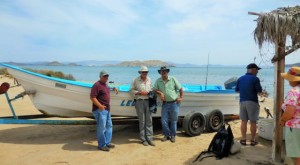
Did you know?
Club Tijuana Xoloitzcuintles de Caliente, commonly referred to as Xolos de Tijuana, or simply as Xolos, is a Mexican professional football club from Tijuana, Baja California, Mexico. It was founded in January 2007. The colors that identify the club are red and black. On December 2, 2012, Xolos became Liga MX champions.
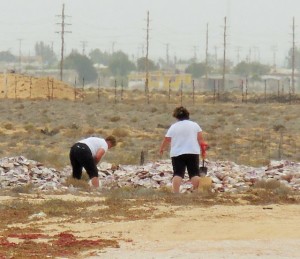
History
The club is the latest in a long line of league teams in the city of Tijuana. Gallos Caliente was instituted in the summer of 2006. The team’s name was later changed to Club Tijuana Xoloitzcuintles de Caliente. Team owner Jorge Hank Rhon announced the construction of the Estadio Caliente, a new stadium with a capacity for 33,333 people near Grupo Caliente’s Agua Caliente Racetrack. Jorge Alberto Hank, the 28-year-old[when?] son of Jorge Hank Rhon, is the President of the team. They became the Apertura 2010 champions after defeating Veracruz 3–0 in a two-legged series. The team advanced to the Primera División de México with a win at home over Irapuato, 2–1 on May 21, 2011. Jorge Alberto Hank and Gog Murguia Fernandez, the vice president, became the youngest executives in the history of Mexican professional football to be at the head of a club in the Primera División de México.
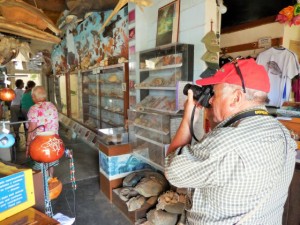
The First Title
The team obtained its first title in the Apertura 2010 tournament, after having finished as general leader during the regular tournament, which gave them a direct pass to the semi-finals. In the semi-finals the Xolos faced Albinegros de Orizaba. In both semifinal legs, the Xolos and Albinegros finished 0–0, with the aggregate score 0–0 too. The position that the Xolos had during the regular tournament permitted them to pass to the final against the Tiburones Rojos de Veracruz. In the first leg the “Xolos” had a surprise win 0–2 in the Estadio Luis de la Fuente in Veracruz, while in their field they won again 1–0 and this way Tijuana obtained half a ticket towards the Mexican football maximum circuit, the Primera División Mexicana.
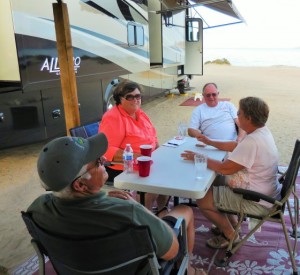
Promotion to the Primera División de la Federación Mexicana de Fútbol
The final of the Clausura 2011 of the Liga de Ascenso was between Tijuana and Irapuato. The first leg was played on Wednesday May 11 in Tijuana’s stadium. The game finished 1–1. The second leg played was in Irapuato, in the Estadio Sergio León Chavez. Irapuato won the game 1–0, being crowned champion of the Clausura 2011 afterwards. With the Tijuana having won the Apertura 2010 title, the Promotion Final was going to be, yet again, Tijuana vs Irapuato. The first leg was played in Irapuato on Wednesday May 18 and it remained 0–0, with the second leg deciding what team was going to be promoted to the Primera División de la Federación Mexicana de Fútbol (now known as Liga MX). Played in Tijuana’s Estadio Caliente, the second leg saw the Club Tijuana being crowned champion of the Promotion Final with a result of 2–1. Thus Tijuana replaced the Necaxa as the new Primera Division Team in Mexico.
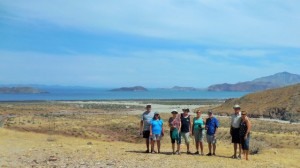
Primera of Mexico Debut
Kicking off their inaugural season in the Primera Division, Tijuana signed José Sand, Leandro Augusto, Fernando Arce, Egidio Arévalo and Dayro Moreno would move to Tijuana for a fee of US$3.5 m. during summer 2011. Tijuana opened the 2011–12 season with a 2–1 home loss to Morelia. American Joe Corona scored the club’s first top-flight goal in the defeat. They would earn their first victory as a top-flight club in a 3–1 victory at Santos Laguna on August 6; however, after five consecutive home matches without a victory manager Joaquin del Olmo was sacked and replaced by Antonio Mohamed. After having finished the 2011 Apertura with just three wins against nine draws and five losses, Tijuana would have more success in the 2012 Clasura. Behind the league’s top defense (allowing just eleven goals in 17 matches), Tijuana finished with seven wins and seven draws against just three defeats and earned their first playoff berth in the top flight, where they would fall to CF Monterrey.
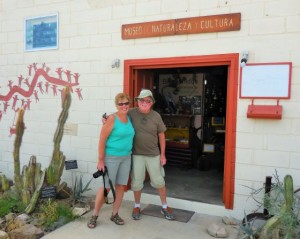
Champions
Xolos would continue their strong defense in the 2012–13 Liga MX season. In the 2012 Apertura, Xolos allowed joint-fewest goals with 15 while finishing tied atop the table with Toluca. Seeded #2 in the play-offs, they would avenge the previous season’s defeat to Monterrey before ralling from a 2–0 deficit against León in the semi-finals. They would win the Liguilla over Toluca with a 4–1 aggregrate victory, achieving the title in the shortest time after promotion to the top flight in Mexican history. Xolos would falter in the Clausura, finishing in 10th place, two points outside of Liguilla qualification. However, invited to Copa Libertadores, Tijuana would make a run to the quarterfinals before falling to Atlético Mineiro.
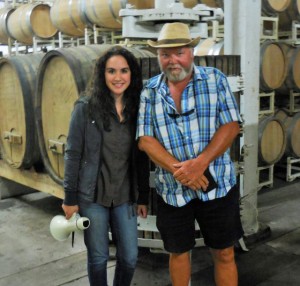
Stadium: Estadio Caliente
The Estadio Caliente, a multi-use stadium in Tijuana, Baja California, was officially inaugurated on November 11, 2007, in a game between Club Tijuana vs Pumas Morelos. The attendance was 13,333, the stadium capacity at the time. In July 2009, the capacity was increased to 16,000. Stadium owner Jorge Hank Rhon’s main reason for constructing the stadium was his wish to have a professional football club in the city. Because the Mexican Football Federation says that teams participating in the First Division must have a stadium with a capacity over 15,000, Club Tijuana officially became qualified for promotion to the Primera División de México when the capacity was increased. The construction of the stadium was planned in two parts. The first part finished the ground and lower sections of the stadium. In the second phase, the stadiums capacity was increased. Club Xoloitzcuintles added 4,000 seats to its home field of Estadio Caliente, pushing its capacity to 20,000, according to the team’s management. The team also remodeled the players’ dressing rooms and resurfaced the dirt parking lot with a stone surface. Among the construction projects is the installation of stadium lights, which should not be an issue.
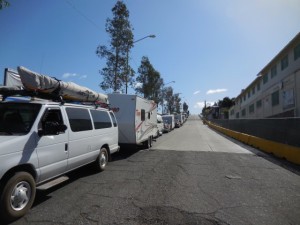
Institutional vision
What first seemed to be a hobby to the football aficionado Jorge Hank, has now been projected as a business and institution with many ambitions by his son Jorge Alberto Hank Inzunza, President of Club Tijuana. The president has announced several times in press conferences that the project is far bigger than a stadium and a First Division team. The institutional plan involves football schools and clinics throughout the region, including San Diego and Los Angeles, professional football training, talent recruitment squads; 1st, 2nd, and 3rd division affiliates; foundations and green campaigns, and a heavily invested commercial complex.
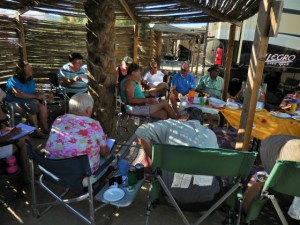
Finances and ownership
Controversy surrounded the lease, because the team would have ties to a company whose major business is that of betting on sports events, including football. The case was presented to high authorities in the Mexican Football Federation, where it was ruled that no action would be taken against Xoloitzcuintles De Caliente or its parent company.


